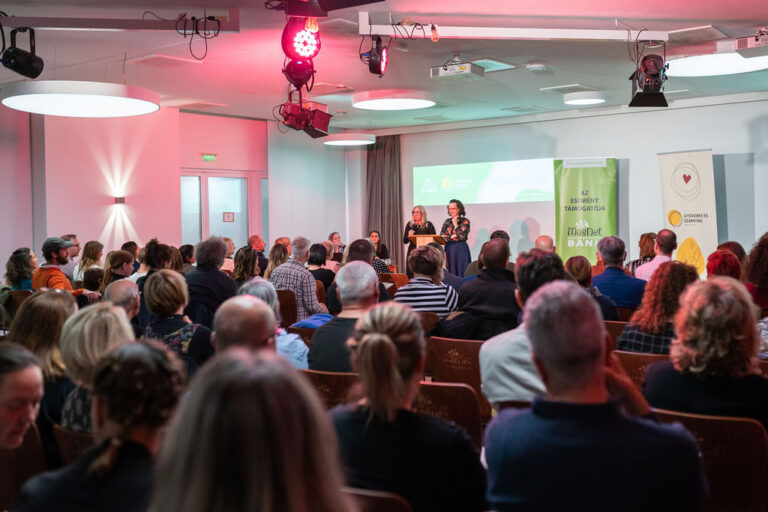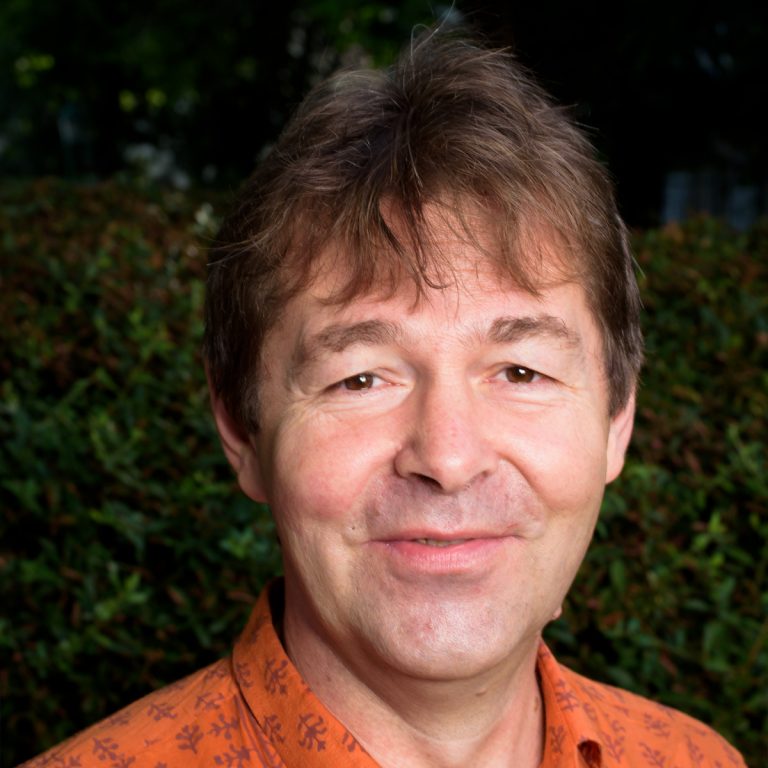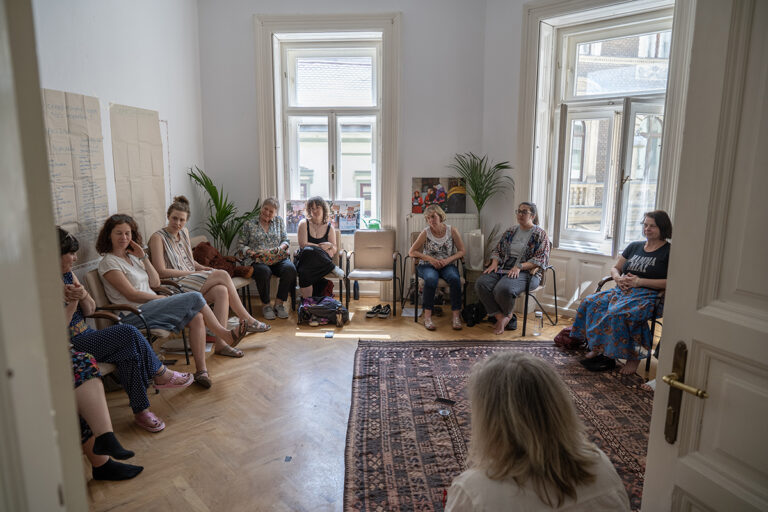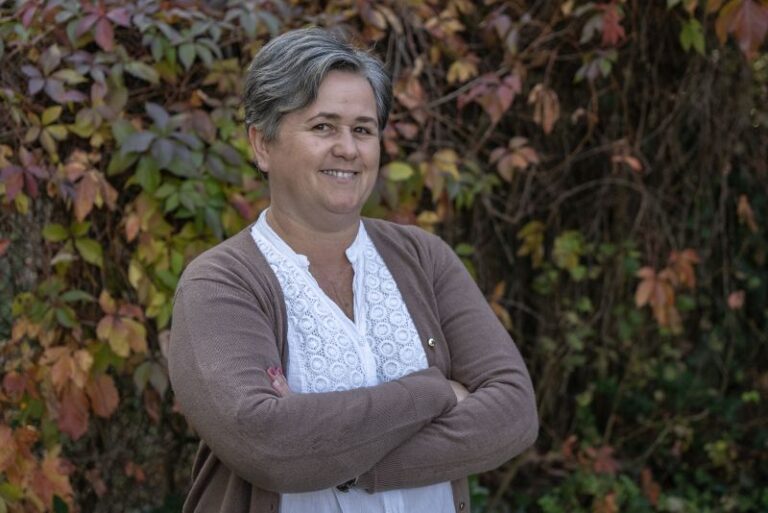Survival, Adaptation, Realism – New Frameworks for Philanthropy in Central and Eastern Europe

Democracy is in retreat, the space for civil society is shrinking, and funding sources are increasingly disappearing — yet civil actors in Central and Eastern Europe continue their work. Adapting to the new political and social environment is no longer a strategic choice but a fundamental condition for survival. This is the subject of a recent article published by Philea – Philanthropy Europe Association – co-authored by György Hámori, Program and Partnership Manager at the Roots and Wings Foundation, and Alina Shenfeldt, a staff member at Philea.
The article clearly illustrates how the traditional operating space of philanthropy in the region is deteriorating — the collaboration between the state, civil society, and private donors, which once provided a stable framework for initiatives, is unraveling. Today, civil organizations are often not seen as partners but are met with suspicion or even hostility in state discourse. Meanwhile, international funding is increasingly redirected elsewhere: toward the Global South, or to issues like climate change, artificial intelligence, and media support.
In such a context, only those organizations that can respond flexibly, introduce new tools, and build new alliances will survive. At the Roots and Wings Foundation, we have consciously redesigned our sustainability strategy over the past few years. With major international funders pulling out or shifting their priorities, we can no longer rely on old models. The limited potential of domestic corporate philanthropy also demands a different approach.
As part of this, every new program is preceded by thorough research, field studies, and a smaller pilot phase before broader implementation. We organize live fundraising events in ways that double as corporate team-building activities, where participants not only donate but also learn about civil causes and connect with communities. We build diplomatic relationships, working with embassies and chambers of commerce to create spaces where supporting community issues does not become politicized. We are weaving an increasingly tight network among the civil actors we support, enabling them to act collectively and strengthen each other. At the same time, we actively seek international collaborations — even if these are highly competitive and overloaded fields — because every submitted application builds visibility, knowledge, and relationships.
The article also presents our latest and perhaps boldest initiative: the launch of the Future Fund. This is a long-term, flexible funding framework that provides direct resources to local community initiatives. Tools that can guarantee the independence and renewal capacity of civil society are becoming scarcer — the Future Fund aims to do just that: provide local actors with the resources not just to survive, but to grow.
This is not a success story about opportunities hidden in crisis. It is a story about how to adapt to reality — while holding on to humanity, community responsibility, and faith in the future.
The full article is available in English here.






